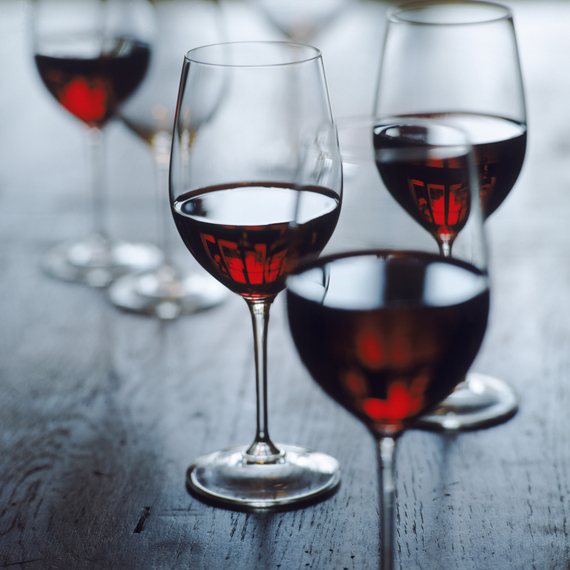Eco-friendly, organic, unfiltered, without sulfites....also known as 'hippie wines.' Some psychedelic things have been happening in the wine-realm over the past few years, and it would be easy to dismiss them as another new-age trend that won't last long. However, we common folk who aren't wine experts or sommeliers shouldn't be so quick to dismiss them as 'new-age'; it's actually simply about returning to the real roots of winemaking.
You can bet that the French weren't adding pesticides to their grapes when they started making wines in the 6th century BC; and yet nowadays, organic or biodynamic winemakers get labeled as 'trendy'.
Take, for example, the biodynamic French white La Coulée de Serrant, produced by Nicolas Joly in the Loire region. This wine was deemed as one of the five greatest French white wines by the famous 'Prince of Gastronomy,' Maurice Curnonsky, in the early 20th century.
Thus begging the question, is biodynamic wine really that good, or would the wine have been good anyway, without going through all that trouble?
A quick look at Joly's website turns up words like "cosmic wavelengths" and "matrices of mini-forces"- which really reminds me of when Neo entered the Matrix. Not to mention that he insists on making a compost preparation by stuffing a deer bladder with yarrow blossoms to then be buried underground during the winter. For me, the more things start sounding like pagan hocus pocus, the farther I want to run away.
Even though it sounds more like a branch of chemistry than a new field in winemaking, some of the world's most famous wines are now biodynamic. It's a relatively recent practice that's been gaining more and more publicity, especially since some of the most renowned French and international domains are turning to it. Biodynamic viticulture, or winemaking, is based on a more spiritual philosophy than the traditional methods- which obviously contradicts the very fact that it's a science.
In order to produce biodynamic wines, one needs to understand not only the chemical composition of the ground and the varying climatic conditions in which the wine is produced, but also other somewhat more non-scientific elements such as the energy that surrounds the domain, the alignment of the stars and the history of the region in which it is produced. Basically, the entire process and geographic region where the wine is made are considered as a living organism, a whole of which the sum of its parts - even tiny, unimportant parts for most us- cannot be ignored.
I think the message here is that the grape itself is not the ultimate definer of the flavor or the greatness of a wine. Of course we must take into account what the French call le terroir, but biodynamic viticulture takes it one step further. According to biodynamic winemakers, or as they call themselves, 'nature assistants' like Joly, it's the very DNA of the grape combined with the terroir, the weather, the moon phase and even the pollution levels that characterize the wine. He compares the process of biodynamic winemaking to that of a pastry chef who makes a cake, and states that "what interests us is the chef, more than the cake itself." In other words, it's the process and the background, and not so much the final product, that is of interest.
For me, it's a hard idea to buy into. It's possible that some of us can accept the notion that the moon has an influence on many things; after all, its gravitational pull affects the tide, and we're made up of almost 70 percent water. Therefore I might be able to swallow the claim that the moon phase in which grapes are harvested can have an influence on the wine. But filling a cow horn with horse manure to ensure a good harvest is taking it a little too far.
Whether or not there is method to the madness of biodynamics, it's safe to say that in the future more and more wines will be produced this way. Thanks to its more sustainable nature and the fact that it requires winemakers to pay attention to every minute detail of the winemaking process, like it or not, biodynamic wines are good. Excellent, even.
So maybe it's time for all of us to get in touch with our inner hippie, and start ordering the biodynamic red at dinner.
Gitanjali Roche is the Editor and Food Writer of Gourmandize.
